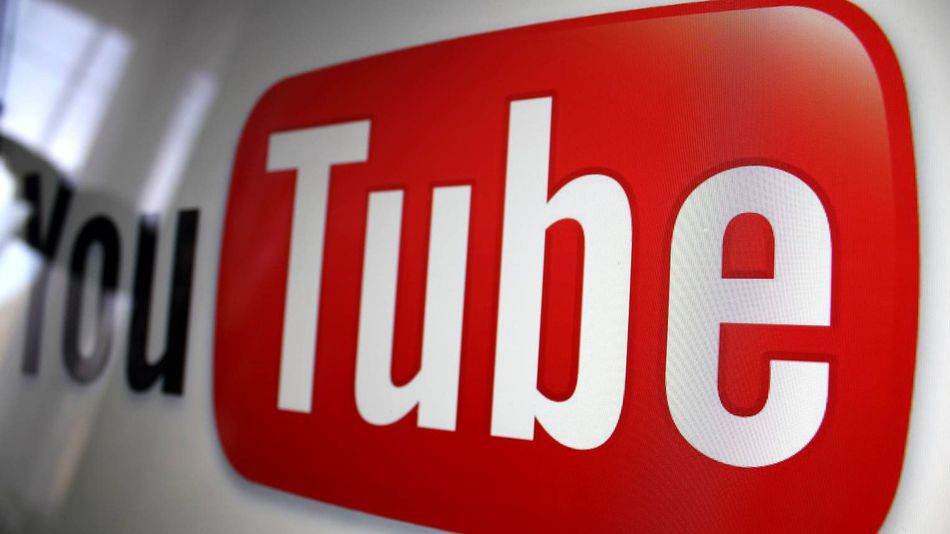The new bill may force YouTube to leave Russia (updated)

The new bill developed by the Media-Communication Union (ISS) and submitted to the State Duma by deputies Andrei Lugovoy and Shamsail Saraliyev could lead to the largest Youtube video service leaving the territory of the Russian Federation, Kommersant reports . Recall that at the end of October, MKS President Pavel Stepanov, in his interview with RBC, stated that his structure was developing a draft amendment on regulating the activities of audiovisual services in Russia. First of all, we are talking about the activities of online cinemas and related resources.
A feature of the developed document is that, in the opinion of its authors, any audio-visual service with professional content operating on the territory of the Russian Federation cannot have a foreign ownership share of more than 20%. Thus, the document automatically outlaws any foreign online services, such as Netflix or Youtube.
')
At the same time, such organizations as MTS, Vimpelcom, MegaFon, Rostelecom, ER-Telecom, TTK, Tricolor TV, as well as media holdings Gazprom-media, National Media Group, “ CTC Media ”and the Rostelecom JV and the Digital TV VGTRK.
Under the audiovisual services subject to regulation, we mean Internet resources with a monthly attendance of 100 thousand users, or 20 thousand users from one subject of the Russian Federation. All resources subject to these criteria will have to be entered in a special registry.
The annex to the meeting of the legal committee states that the law will lead to the departure of Youtube from Russia, since Google will have to deploy additional infrastructure to filter professional and user content. If the company decides to leave the Russian Federation, this will lead to serious financial losses for telecom operators - 30% of Internet traffic in the Russian Federation falls on Youtube.
In addition to the possible care of Youtube, the document restricts competition, is aimed at the benefits of individual market participants and will lead to the departure of the majority of online content viewing services to the “gray zone”. Also, the document will hit on Netflix.
“To cover up their own failures with online content, fearing such a powerful player, they now propose to monopolize the market and are actually trying to legitimize the cartel,” says a Kommersant source.
At the same time, there is no agreement even within the ISS about the document: VimpelCom and MTS are against, and CTC Media and Gazprom Media are in favor of discussion. Dissatisfaction of telecom operators with the document is obvious. They are the ones who will incur losses due to the redirection of traffic and its higher cost in case of the elimination of Russian servers and the withdrawal of Youtube and Netflix from the legal space of the Russian Federation.
At the same time, the presidential adviser on the Internet, German Klimenko, in his talk on life.ru stated that the law would not affect Youtube.
“With regard to cinemas: we are talking about commerce, and YouTube is still a story about simple things, about our service, about our data. That is, I do not think that some kind of trouble will threaten our users. I think in our context everything will work, but it may simply be owned not by American companies, but by Russian ones, ”said Klimenko.
The adviser noted that the document under discussion is aimed, first of all, at the sphere of cinema and author's content. The Ministry of Communications and Mass Media stated that the talk about leaving Youtube from Russia has nothing to do with reality.
UPD.
Vedomosti reports that iTunes content stores and Google Play are covered by the bill in question. According to the text of the bill, all services that provide access to materials for a fee fall under its actions. Initially, the discussion was conducted in the context of the regulation of online cinemas and services, but now it turns out that content “stores”, which are iTunes and Google Play, will also be subject to regulation.
The representative of the ISS argues that the bill for the Apple and Google services does not provide for exceptions and they will have to apply to the Government Commission on Foreign Investment in order for an exception to be made for them.
The mechanism for recording attendance of these services is questionable. At the same time, iTunes and Google Play do not provide access to streaming video, but to individual pieces of content.
An Apple spokesman did not answer the Vedomosti call, and a Google spokesman declined to comment. Also refused to comment on what is happening representative of Roskomnadzor as the supervisory authority for compliance with legislation in this area.
Source: https://habr.com/ru/post/399681/
All Articles